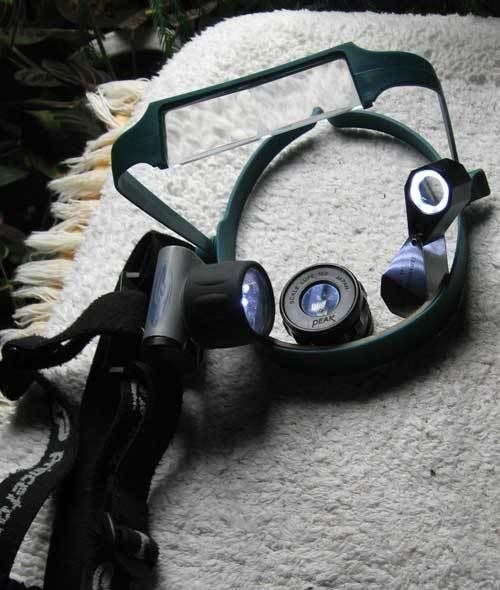I started treating my birds this evening for lice...I cleaned out the coops, dusted the birds with 5% sevin and thoroughly dusted the new bedding and roosts.
I also have a hen with scaly leg mites who I treated with a generous amount of unpetroleum.
How often should I repeat this process? I've read some conflicting information about how often to do this and wonder if there is a general consensus...also, are eggs safe to eat after a bird has been dusted with Sevin?
I also have a hen with scaly leg mites who I treated with a generous amount of unpetroleum.
How often should I repeat this process? I've read some conflicting information about how often to do this and wonder if there is a general consensus...also, are eggs safe to eat after a bird has been dusted with Sevin?


